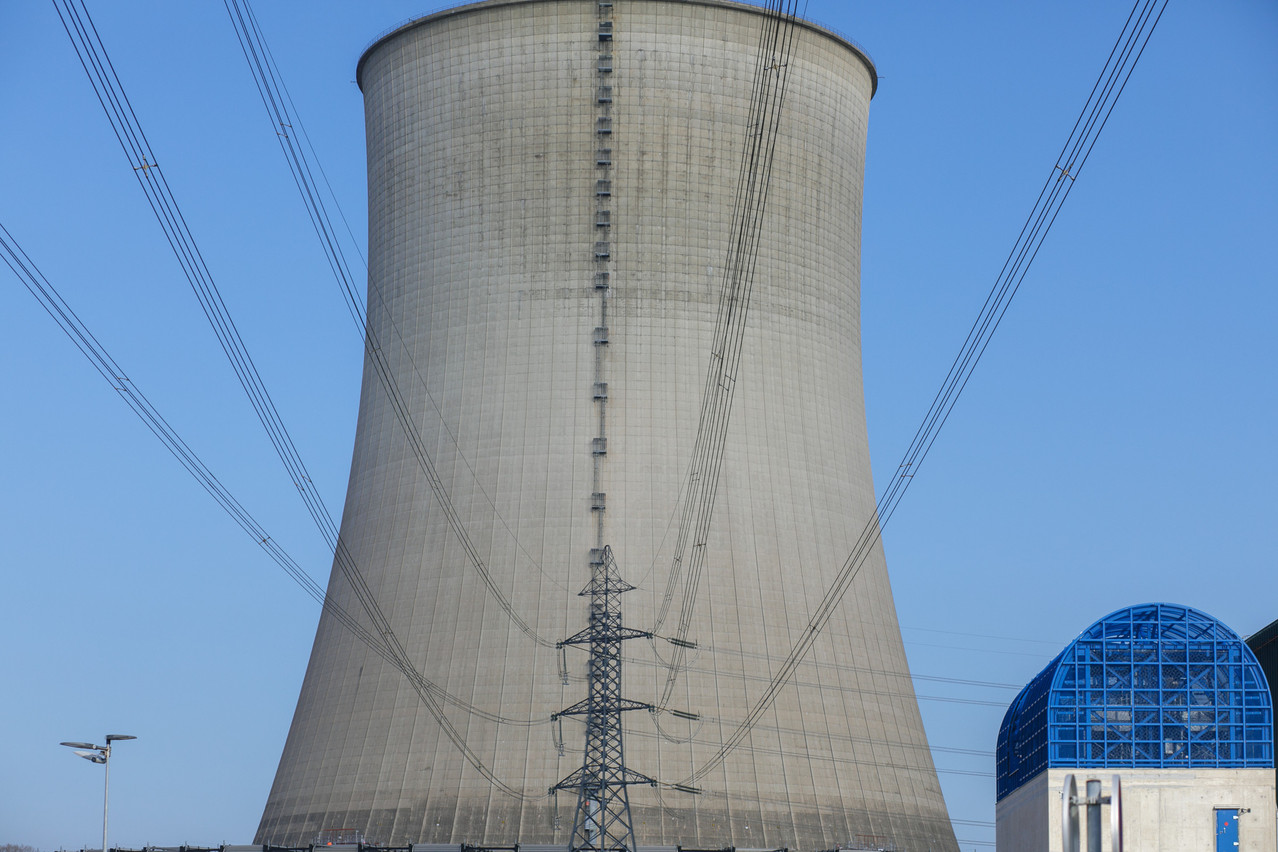The new European has faced more resistance in Luxembourg. After having decided to in its appeal against the EU taxonomy regulation, a draft amendment to the 2023 budget was also tabled in the Chamber of Deputies on Monday, the purpose of which is to exclude investments in natural gas and nuclear power from the tax advantage of the reduced subscription tax for investment funds.
The European Commission developed the European taxonomy to define--and ultimately promote--economic activities considered sustainable. After heated debates between member states, nuclear and gas were finally in the taxonomy, much to the displeasure of certain countries, including Luxembourg as well as Austria and Portugal.
Reduced rate for nuclear and gas?
Among the many consequences of this new taxonomy, one concerns the subscription tax payable by investment funds in Luxembourg. In the framework of the law for the 2021 budget, a reduced rate was introduced for investment funds whose invested assets correspond to the sustainability criteria as defined by the European taxonomy.
However, when the law was passed in December 2020, the criteria for determining under what conditions an economic activity can be considered sustainable were not yet clearly defined. This has now been done with the adoption of the new European taxonomy, which therefore includes nuclear and gas. Investments in the latter could therefore, according to the spirit of the taxonomy, benefit from the tax exemption provided for under the reduced subscription tax for investment funds.
Getting around the taxonomy
As early as February 2022, déi Gréng MP called in a for the adoption of an instrument to avoid such a situation. “The taxonomy regulation should be used as far as possible so that only really sustainable investments are supported,” he wrote then. “This applies in particular to the reduced rate of the subscription tax from which investment funds can benefit if they invest in climate-friendly activities.”
Read also
Following this idea, and after the adoption of the taxonomy, the majority adopted a motion during the tax in parliament last July. This motion called on the government “to study ways of encouraging sustainable investments that comply with the most ambitious criteria of the European taxonomy, including in the context of the application of the reduced subscription tax as introduced by the 2021 budget law”.
‘Avoid greenwashing’
However, despite this motion, there was no trace of such an instrument in the draft 2023 budget. The amendment to Bill 8080 tabled on Monday in the finance committee would change this. The government justified the measure by recalling that it has “long pursued a policy of opposition to nuclear power”, which is enshrined in the coalition agreement. It also noted, referring to natural gas, that “granting the same tax benefits to renewables as to fossil fuels would reduce the incentive potential of these measures in favour of renewable energies”. It therefore explained that the government wanted to “ensure policy coherence and an efficient channelling of funds in favour of the energy transition”.
Most of the majority party MPs, notably dei Gréng, welcomed the measure as a way to “avoid greenwashing”, while some opposition MPs were “astonished”, fearing that it would be a “disadvantage” for the Luxembourg financial centre.
Originally published in French by and translated for Delano
